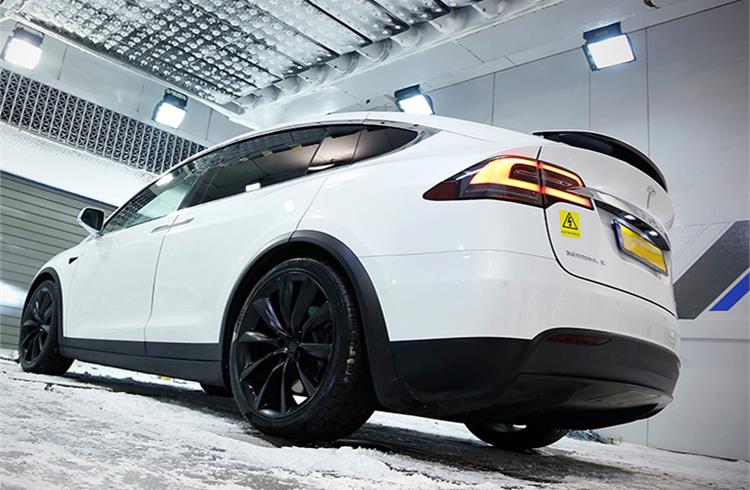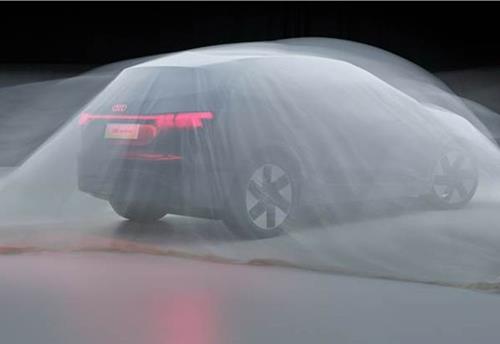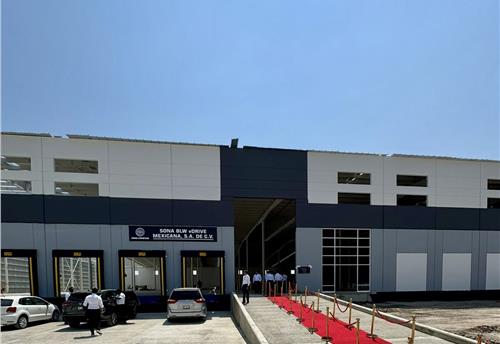‘Urgent overhaul of EV range determination needed:’ Horiba Mira
Horiba Mira’s new report outlines how so-called ‘range anxiety’ – driven by the drastic differences in reported and actual range of an EV.
According to global engineering and testing consultancy Horiba Mira, an urgent overhaul of how the range is determined on electric vehicles (EVs) is needed if the UK is to successfully tackle ‘range anxiety’.
The call-to-action, summarised in a new report by the firm, outlines how so-called ‘range anxiety’ – driven by the drastic differences in reported and actual range of an EV – is deterring increasing numbers of motorists from making the switch from petrol or diesel-powered vehicles to their electric counterpart.
According to Horiba Mira, EVs are currently tested against a slim set of parameters with the majority at one ambient temperature level; 23 degree Celsius – an unrealistic reflection of real-world driving conditions. The result is an inaccurate report on vehicle range, potentially fuelling range anxiety amongst motorists, therefore, reducing the likelihood of adoption.
It also outlines how extending the conditions under which EVs are tested could produce more accurate range data; raising the credibility of EVs, ultimately boosting consumer confidence and uptake.
Ben Gale, Global Solution Leader at Horiba Mira, said: “The UK’s transition to EVs is critical if it wants to meet its ambitious net zero emissions target by 2050, and a key part in speeding up public adoption is to tackle the perceptions around range anxiety.
“At present, the use of insufficient range data in real world conditions is playing a part in fuelling range anxiety, putting many motorists off making the switch to EVs. Globally, vehicles are tested at just one temperature – one that is considered the ‘optimum’ for vehicle comfort and Lithium Ion batteries – but when you add in air conditioning or heating requirements, additional battery power is required; depleting the published range of an EV at an alarming rate.”
As such, Horiba Mira is encouraging the UK Government to recognise that the current method of establishing range, is not a true reflection of real-world driving conditions, and to extend the temperature range and conditions EVs are currently tested and evaluated against.
Within the paper, the firm also reveals its advanced simulation approach to replicate real world driving conditions thereby reducing the cost and time associated with additional physical testing; an area in which HORIBA MIRA and its parent company HORIBA are leading the way toward with virtual validation.
Ben added: “By expanding the temperature range and conditions EVs are currently tested and evaluated against, we can produce more accurate range data which allows manufacturers to further optimise the design and cost of the battery; raising the credibility and attractiveness of EVs, thereby supporting adoption and improving the local environmental impact of transport.
RELATED ARTICLES
Netradyne expands UK operations via partnership with Intelex
The collaboration between Netradyne and Intelex marks a substantial leap forward in advancing road safety and fleet mana...
Audi Q6L e-tron, Q5 e-tron RS, SQ6 coming to Beijing motor show 2024
Long-wheelbase Audi Q6 e-tron, SQ6 based on PPE platform.
Sona Comstar opens new plant in Mexico to cater to growing EV demand in N America
The new facility, set up to meet the growing demand for high-quality driveline solutions for BEVs in North America, will...





 By Autocar Pro News Desk
By Autocar Pro News Desk
 03 Sep 2019
03 Sep 2019
 4907 Views
4907 Views









